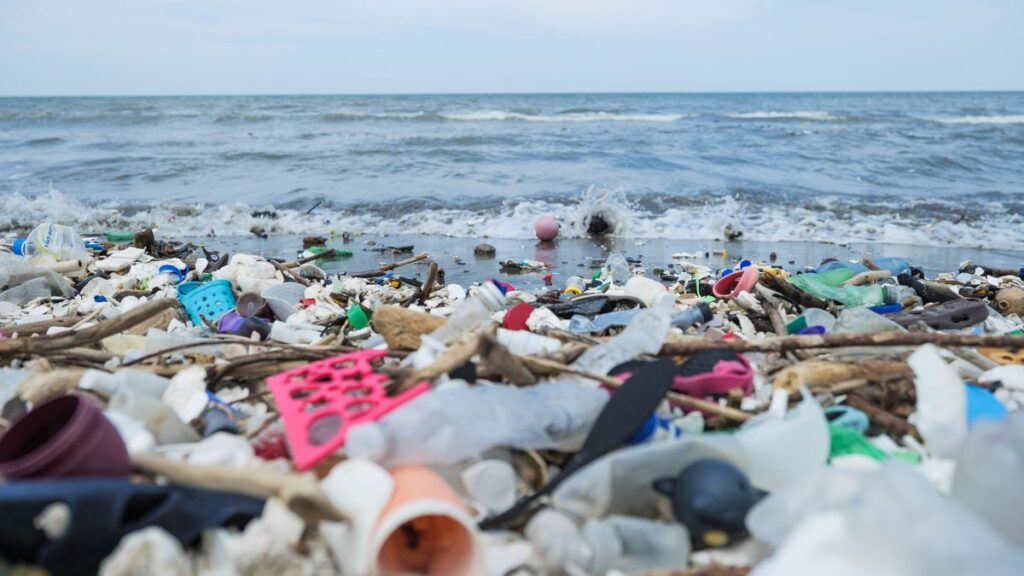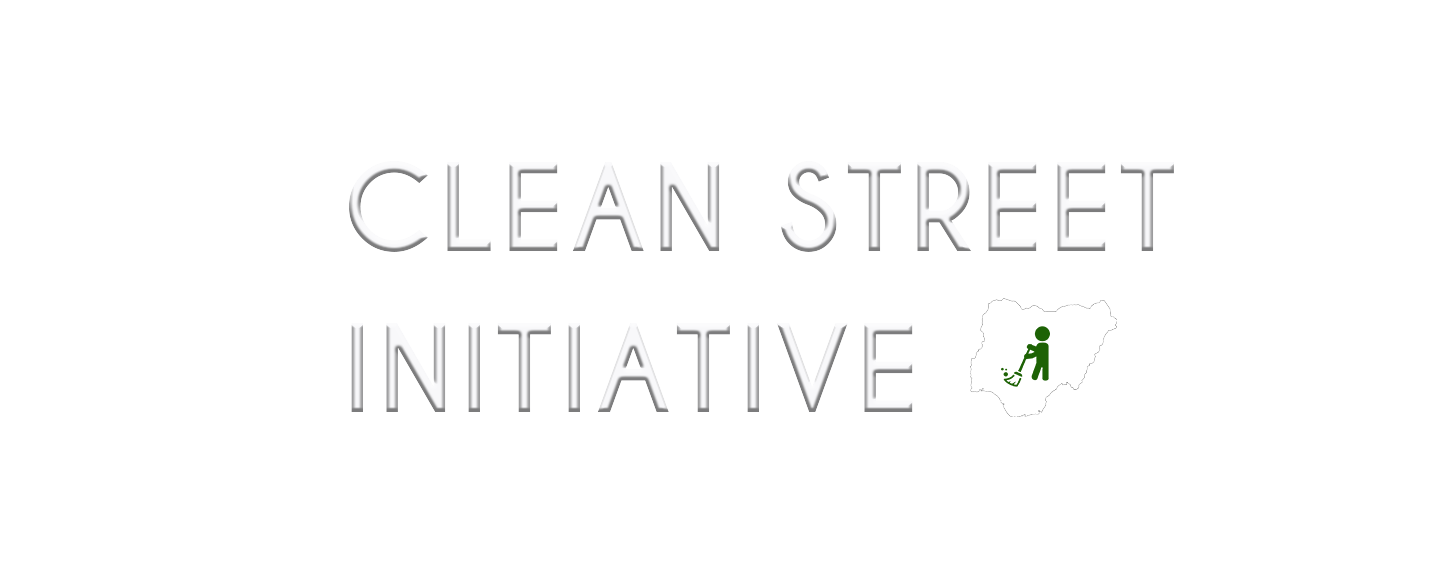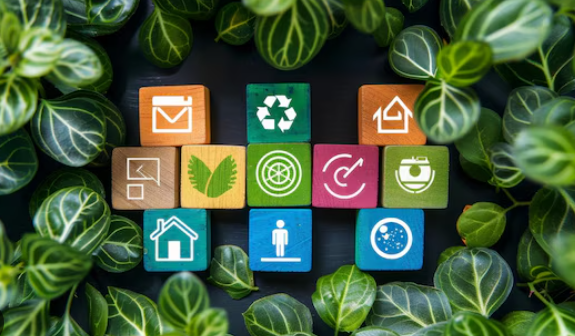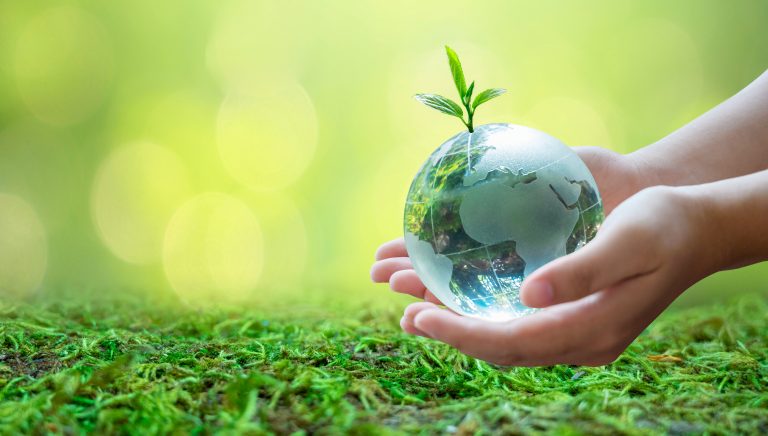The Hidden Dangers of Plastic Pollution

Plastic pollution is an escalating global crisis that poses significant threats to the environment, wildlife, and human health. Despite its convenience and widespread use, plastic’s durability and resistance to degradation have turned it into a persistent pollutant. For a nation like Nigeria, understanding the hidden dangers of plastic pollution and taking action to mitigate its impacts is crucial for sustainable development and public health.
What is Plastic Pollution?
Plastic pollution refers to the accumulation of plastic objects and particles in the Earth’s environment, negatively impacting wildlife, wildlife habitat, and humans. Plastics are synthetic materials made from polymers, which are long chains of molecules derived mainly from petroleum. These materials do not biodegrade; instead, they break down into smaller particles over time, known as microplastics, which persist in the environment for centuries.
Impact on Health
- Microplastics in Food and Water:
Microplastics have infiltrated our food and water supply. Studies have found microplastic particles in seafood, table salt, and even drinking water. These tiny plastic fragments can enter the human body, potentially leading to unknown health risks. Research suggests that ingestion of microplastics may cause inflammation and harm the digestive tract. - Chemical Exposure:
Plastics contain various chemicals, such as phthalates and bisphenol A (BPA), which can leach out and enter the human body. These chemicals are endocrine disruptors, meaning they can interfere with hormone functions, leading to adverse health effects such as reproductive issues, developmental problems in children, and increased cancer risk. - Air Quality:
Burning plastic waste releases toxic chemicals into the air, contributing to air pollution. Inhaling these pollutants can lead to respiratory issues, cardiovascular diseases, and other serious health conditions.
Environmental Consequences
- Marine Life and Ecosystems:
Plastic waste often ends up in rivers and oceans, where it poses a severe threat to marine life. Animals such as fish, seabirds, and turtles can mistake plastic for food, leading to ingestion and entanglement. This can cause internal injuries, starvation, and death. Moreover, plastics can transport invasive species and harmful pathogens across ecosystems, disrupting marine biodiversity. - Soil and Water Pollution:
Plastic debris in soil can hinder plant growth by blocking sunlight and reducing soil fertility. Microplastics can also absorb and release harmful chemicals, contaminating groundwater and agricultural land. This can lead to reduced crop yields and compromised food safety. - Climate Change:
The production and disposal of plastic contribute to greenhouse gas emissions. Plastics are made from fossil fuels, and their production is energy-intensive. Additionally, when plastics are burned, they release carbon dioxide and other greenhouse gases, exacerbating global warming.
Economic Impact
- Cleanup Costs:
The economic burden of cleaning up plastic pollution is immense. Local governments and communities spend significant resources on waste management and beach cleanups. These funds could be redirected towards other essential services and infrastructure development. - Impact on Tourism:
Plastic pollution can deter tourists from visiting affected areas, leading to a loss of revenue for local economies dependent on tourism. Clean beaches and pristine environments are crucial for attracting visitors.
Steps to Reduce Plastic Use
- Reduce Single-Use Plastics:
One of the most effective ways to combat plastic pollution is to reduce the use of single-use plastics. Opt for reusable alternatives such as cloth bags, metal straws, and stainless-steel water bottles. Encourage local businesses to adopt sustainable practices and offer eco-friendly products. - Proper Waste Management:
Proper waste management practices are essential to prevent plastic pollution. This includes segregating waste at the source, ensuring efficient collection and recycling systems, and promoting compostable packaging materials. Support initiatives that focus on improving waste management infrastructure. - Recycling and Upcycling:
Recycling plastic waste helps reduce the amount of plastic entering the environment. Educate communities about the importance of recycling and how to do it correctly. Upcycling, or creatively reusing plastic waste, can also help reduce pollution and provide economic opportunities. - Support Legislation and Policies:
Advocate for policies that limit plastic production and use. Support bans on single-use plastics, promote extended producer responsibility (EPR) schemes, and push for stronger regulations on plastic waste management. Collective action at the policy level can drive significant change. - Community Action and Education:
Engage communities in cleanup drives and educational campaigns to raise awareness about plastic pollution. Grassroots movements can have a powerful impact in changing behaviors and fostering a culture of environmental stewardship. Schools, NGOs, and local organizations can play a pivotal role in spreading awareness.
Conclusion
Plastic pollution is a multifaceted problem that requires a comprehensive and coordinated approach to tackle effectively. By understanding the hidden dangers of plastic pollution and taking proactive steps to reduce plastic use, we can protect our environment, health, and future generations. Each action, no matter how small, contributes to a larger movement towards a cleaner, greener Nigeria.
Let’s work together to eliminate plastic pollution and create a sustainable and thriving environment for all. Join the fight against plastic pollution today and make a lasting impact on our planet.
Most Recent Posts
Clean Street Initiative (CSI) is an NGO in Nigeria dedicated to fostering environmentally responsible citizens. Driven by a strong commitment to sustainability, CSI aims to inspire and educate individuals to take active roles in protecting and preserving the environment.
Contact
+234 (903) 283-3036
info@cleanstreetinitiative.org
1-5 Oba Akinjobi Rd, Ikeja GRA, Lagos



